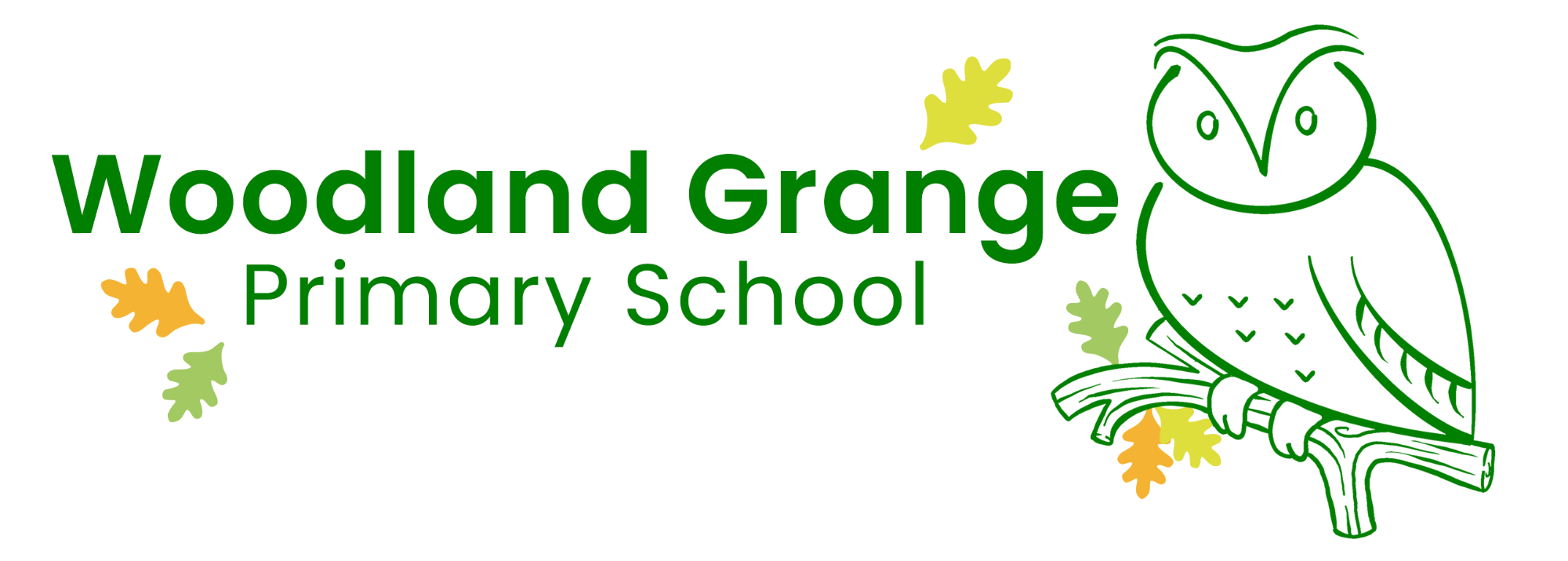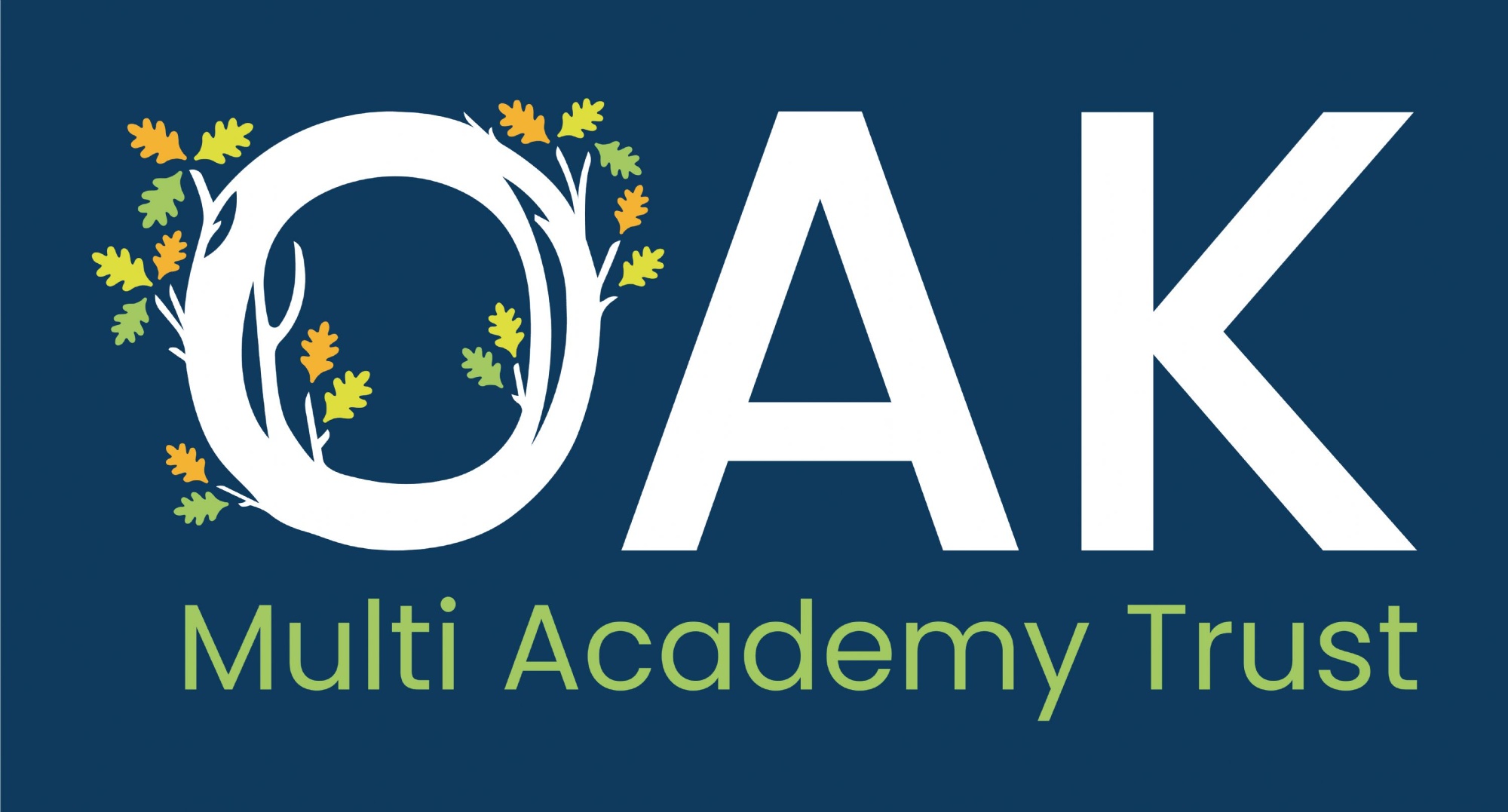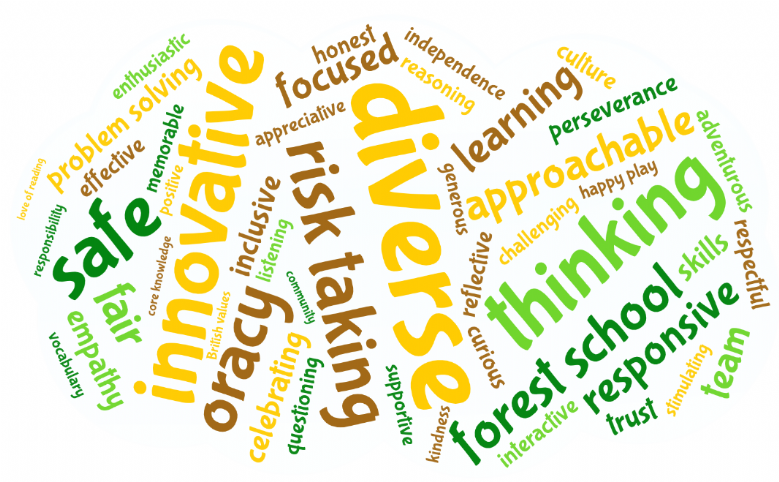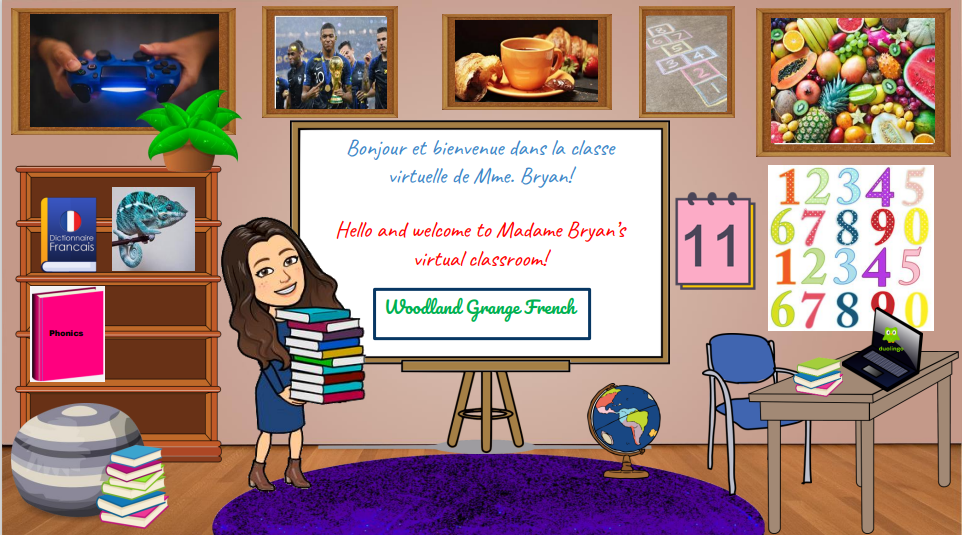Curriculum
We are very proud of our curriculum at Woodland Grange. It combines big ideas and interesting topics with our pupil's passions and interests. A structured curriculum should include engaging activities that captivate students' attention and work to help them to understand these big ideas. It should also be knowledge rich for each year group, sequenced and structured across the school. From the time that they start at Woodland Grange our children are learning through play, asking questions and finding things out. As they move through the school they are supported in their learning, they have the space and time to apply what they know and broaden their interests. The goal of our curriculum is to help children become independent, self-confident, inquisitive and enthusiastic learners, this is in line with our mission statement:
'Aiming high to achieve excellence and success by working together'
Explore our year group pages to see information about key learning in the classroom (updated weekly) as well as extra documents and help for parents. Teachers will also add:
Our Curriculum Policy
Click to view our Curriculum Policy.
Click to view our Feedback and Marking guidelines.
Our Long Term Plans
We are always refining and updating our curriculum both in line with national guidance and according to our school priorities. These are to be viewed as a guide to each year at Woodland Grange. For further information on our curriculum, please contact office@woodlandgrange.leics.sch.uk
Maths
Our Maths Overviews
We have added a document that breaks down each area of maths across each year group.
- EYFS Maths Overview
- Year 1 Overview
- Year 2 Overview
- Year 3 Overview
- Year 4 Overview
- Year 5 Overview
- Year 6 Overview
Our Calculation Policies
Parents may find these policies useful as they describe the strategies for each mathematical operation that we use in every year group.
English
Phonics
As part of the Oak Academy Trust, Woodland Grange Primary School are starting this academic year with a new Systematic Synthetic Phonics Programme. From Pre-school to Year 2 we will now be using Rocket Phonics to support our teaching of reading and writing instead of our previous scheme which followed Letters and Sounds alongside Jolly Phonics.
Click here for the Rocket Phonics Parent Guide about the scheme.
Click here for the phonics progression document for Rocket Phonics at Woodland Grange
The Rocket Phonics scheme has sound mats. The children use these in school; we have shared them here for you to use at home to support their letter and sound correspondences.
- Rocket Phonics sound mat 1
- Rocket Phonics sound mat 2
- Rocket Phonics sound mat 3
- Rocket Phonics sound mat 4
Please follow the link below to watch a short video which models how to pronounce the sounds correctly, rather than using the letter names. This will then support your children and mirror what we are doing in school.
The handwriting and letter formation strategy has also been updated to support the Rocket Phonics scheme. Our guides for lower case, capital letters and number formation are below:
Reading
Reading widely is something that all good writers do. Reading underpins every writer. Developing a strong reading culture is an aim for every primary school, Woodland Grange is no exception.
Here is a Parent Guide to Reading with your Child that complements the Rocket Phonics reading scheme that we are using in school - click here
Recommended reading books for each year group are available below. The Books for Topics website which publishes these puts this brilliantly:
Being exposed to different styles, formats and genres helps children to define themselves as readers, to have a range of alternatives to choose next if something they read is not for them and to make choices about the books that will give them the reading buzz. This process is crucial for children to develop the intrinsic motivation to read and to lay the foundations of a lifelong love of reading.
- Preschool book list
- Reception book list
- Year 1 book list
- Year 2 book list
- Year 3 book list
- Year 4 book list
- Year 5 book list
- Year 6 book list
Writing
Our Writing Development Plan & Assessment Criteria
Click below to find out about our whole school plan to develop writing at Woodland Grange Primary School and assessment criteria for each year group showing what we want children to achieve by the end of the year.
Science
Click below to open an overview for Science across our school.
Computing
In computing we use the Teach Computing curriculum (developed by the National Centre for Computing Education. Click below to open our computing curriculum overview.
History
Click below to open an overview for history across our school and also an overview of how this looks as a humanities overview.
Geography
Click below to open an overview for geography across our school and also an overview of how this looks as a humanities overview.
Design and Technology
Click below to open an overview for design and technology across our school and also an overview of how this looks as an at a glance for each phase.
Art
Click below to open an overview for art across our school and also an overview of how this looks as an at a glance for each phase.
Personal, Social, Health and Economic (PSHE) Education
Within Oak MAT, our Relationships, Sex and Health Education (RSHE) programme is an integral part of our whole school PSHE. High quality relationships and sex education helps create safe school communities in which pupils can grow, learn and develop positive, healthy behaviour for life.
For further information about our RSHE Policy, please follow this link:
Woodland Grange PSHE Curriculum Overview
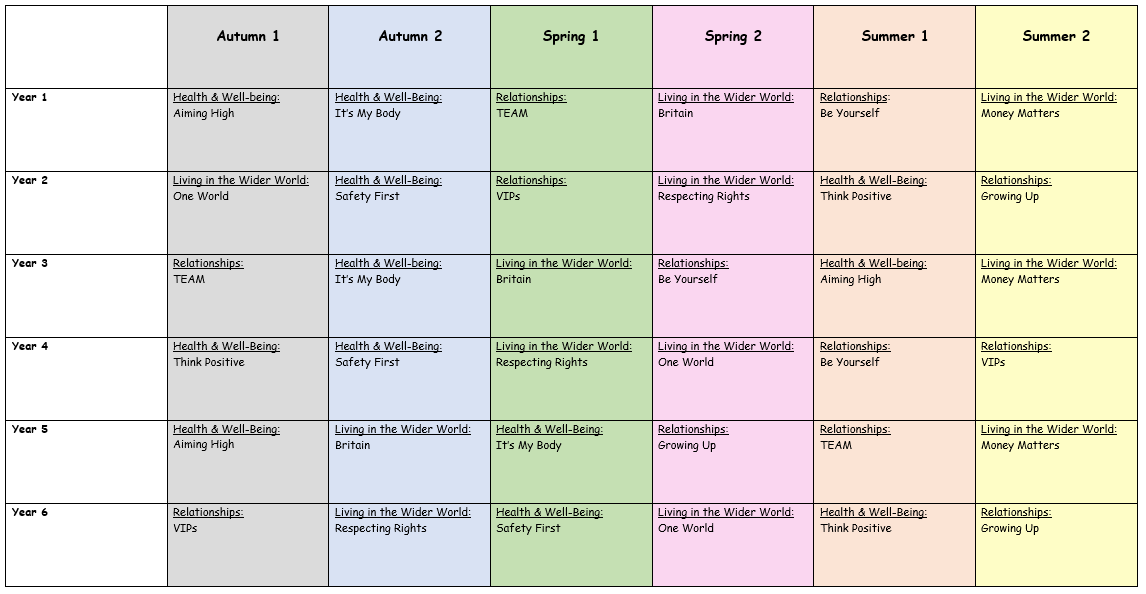
Click below to open a guide to the units that we cover in PSHE in each year group as well as an DfEguide for parents
RE
Click to download our Whole School RE plan. RE has a place both in furthering your child's view of different Religions and also in their spiritual, moral, social and cultural understanding of the World.
Music
Click below to find out more information about the music that we do at Woodland Grange.
We are happy to celebrate our silver music award.

Music is taught weekly by class teachers and/or specialist peripatetic teachers.
Mrs Bowe is our Music subject lead.
In Y1-Y6, the knowledge and skills progress through the units of work which correspond with the national curriculum for music.
Singing is embedded in our music curriculum and is inclusive and engaging. The children sing in class but also have a fortnightly singing assembly. Children are also given opportunities to play instruments from Years 1 - 6 with clear progression and opportunities to develop fluency and consolidate learning.
Through diverse listening opportunities, children learn about different genres, instruments of the orchestra, famous composers, and the musical eras, as well as music from other cultures and black music history.
Extra-curricular opportunities such as choir, ‘Strictly Kids’ and musical theatre are available. Pupils have the opportunity to learn the piano, violin or guitar through visiting peripatetic teachers. We also have a private singing teacher for children to have a 1 to 1 lesson to improve their singing technique. Pupils who attend the peripatetic lessons are given regular opportunities to perform for others, either in assembly to the school or to parents. In recent years, some year groups have attended singing festivals at De Montfort Hall, and we are always looking for new opportunities that we can expose the children to.
PE
Click below to find out more information about the PE that we do at Woodland Grange.
We are happy to celebrate our gold sports awards.
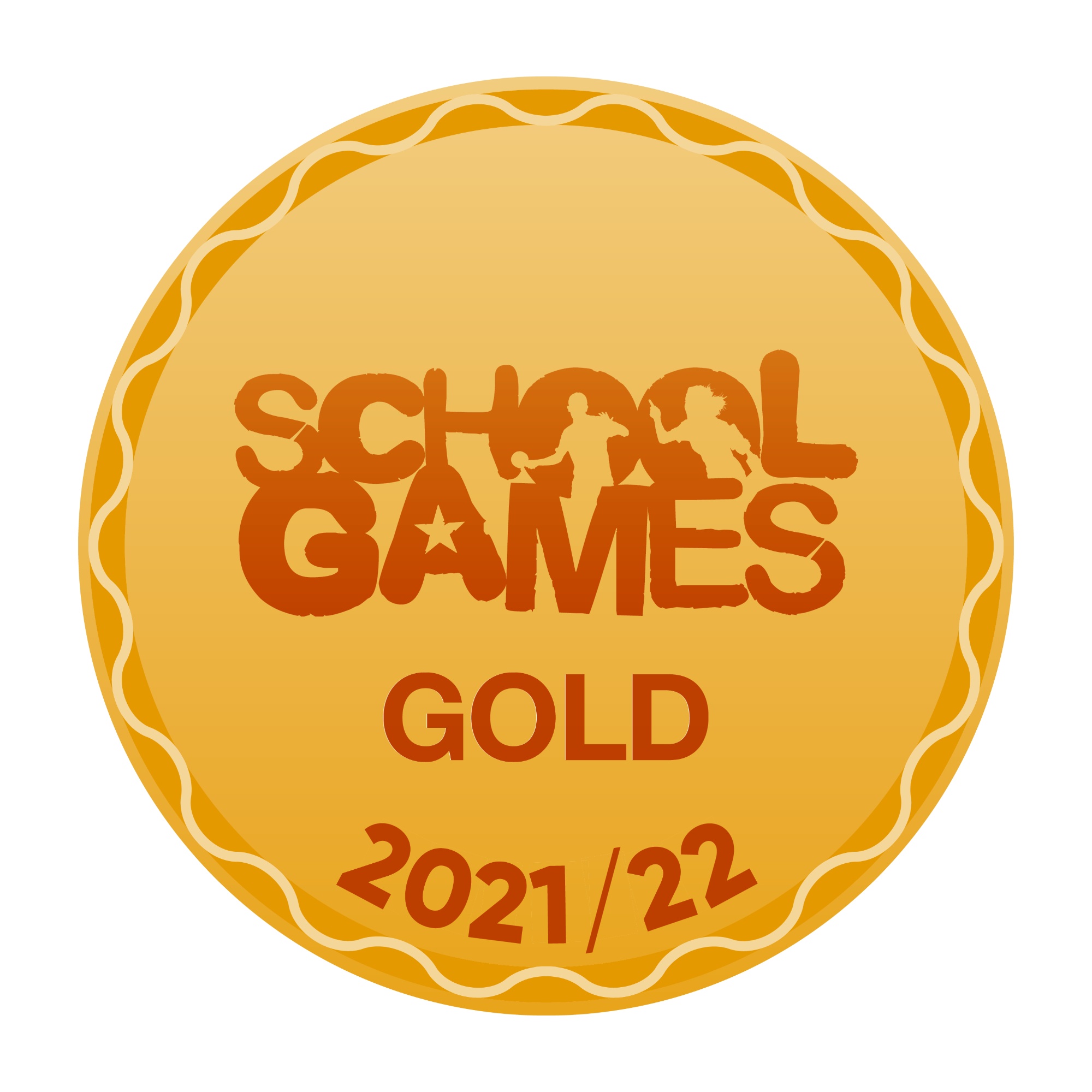
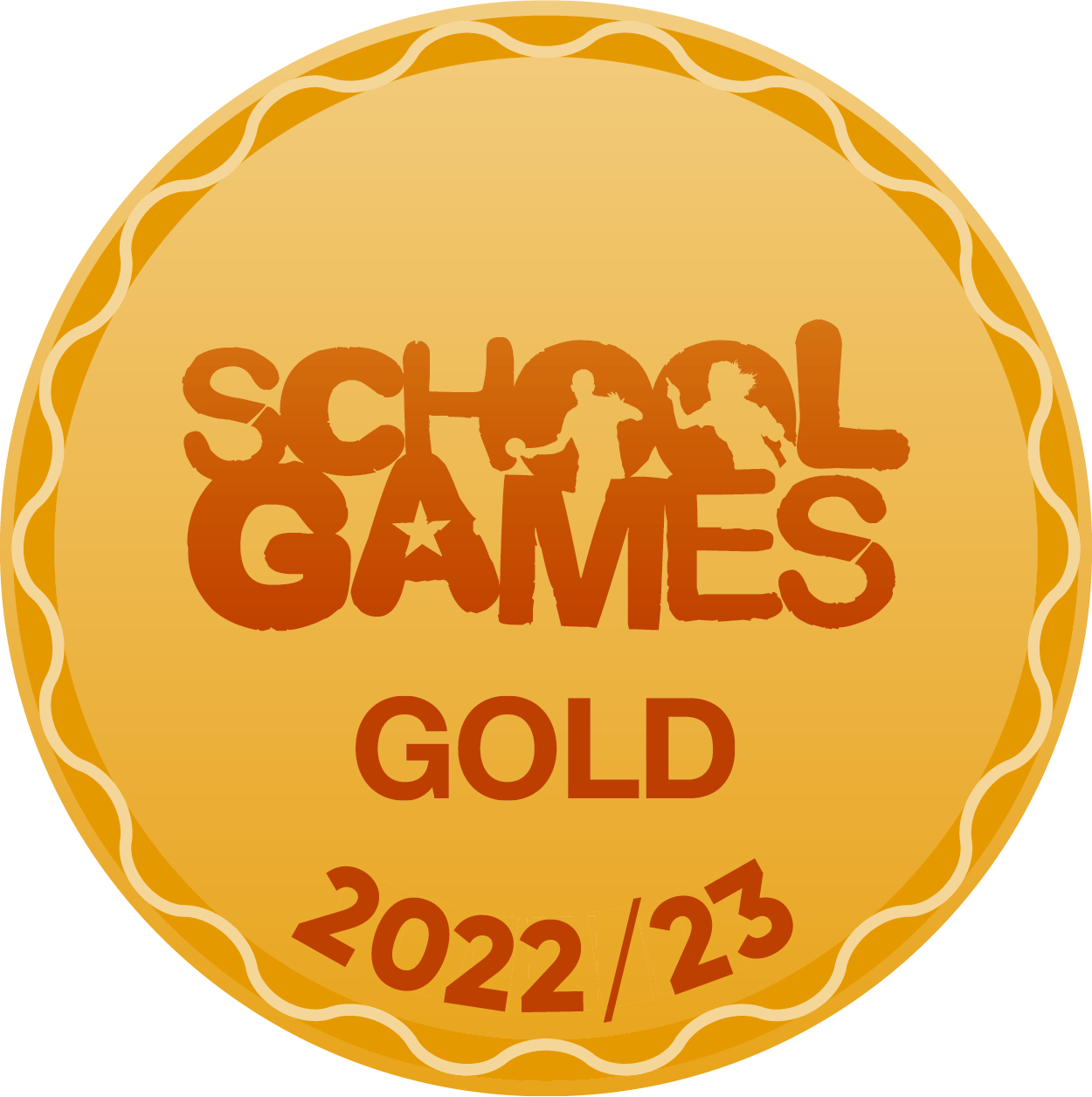
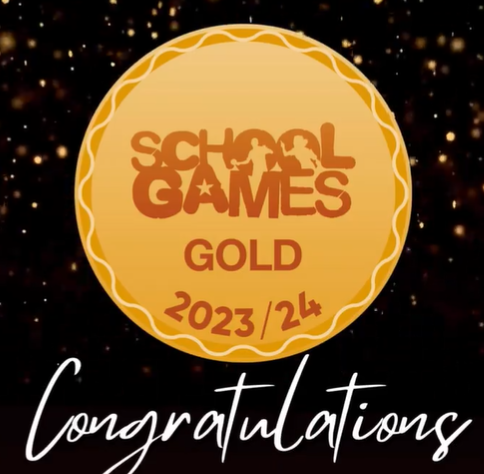
French

Welcome to the Virtual French Classroom.
It is really easy to use. All you have to do is click on any image in the classroom and it will then link to various learning activities. Bon Chance!
Forest School
‘Not all classrooms have four walls’
Pupils at Woodland Grange experience long blocks of Forest School from Pre-School through to the end of Key Stage One. Our ethos of Forest School at Woodland Grange Primary School is for learners to instigate, test and maintain a curiosity in the world around them. Particularly, for young pupils it allows them to explore, be creative, learn about and preserve the natural world in a safe environment. It is our belief that every learner has the right to play/ learn in the outdoors and Forest School achieves these targets.
Forest school in our setting is an all-season activity. Sessions can range from exploring and identifying trees, plants, flowers, bugs and animals, to learning fire safety and constructing camp fires, to survival skills such as den building. Also, in every session the children are free to explore at their own pace and progress into potential child-led learning, an element of free play is always present. This is an important part of the session that every child could excel in, find something of interest or just generally appreciate and enjoy spending time outside.
Through Forest School we aim to support this philosophy by:
- Fostering the enjoyment of the great outdoors;
- Embracing the physical challenges that working outside can bring;
- Strengthening both fine and gross motor skills;
- Developing personal and social skills by working in pairs and teams to complete tasks;
- Learning a range of bespoke Forest School skills such as knot tying, den making, fire safety;
- Gaining a knowledge of local common flora and fauna;
- Fostering an awareness of seasonal change;
- Encouraging children to take risks in a supported environment;
- Developing problem-solving and resilience through practical tasks such as den building;
- Ensuring children develop an understanding of keeping safe;
- Promoting children to be active and healthy.
- Encouraging pupils’ personal involvement with practical tasks enabling them to improve their attention span, persistence and commitment.
- Ensuring that the learning is matched to the differing needs of all the children as well as specific groups, such as SEND, pupil premium etc. Extra support and additional/ adapted resources to be provided to those children where it is required.
- Using our wonderful onsite land to contextualise learning across the whole curriculum for example making ‘Gruffalo crumble,’ over the Forest School fire pit, using our instructional texts we have written / minibeast hunts in science / bringing stories to life with parents and other stakeholders.
At Woodland Grange Primary School, we know that children learn best when the curriculum is well sequenced to enable revisiting of core knowledge, skills and understanding to deepen conceptual awareness before demanding application across the whole curriculum.
